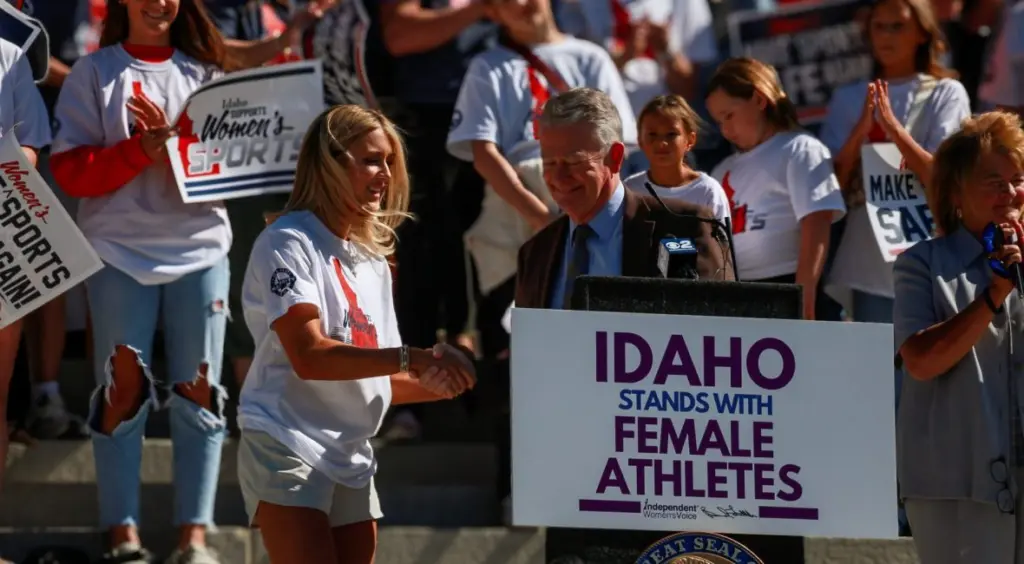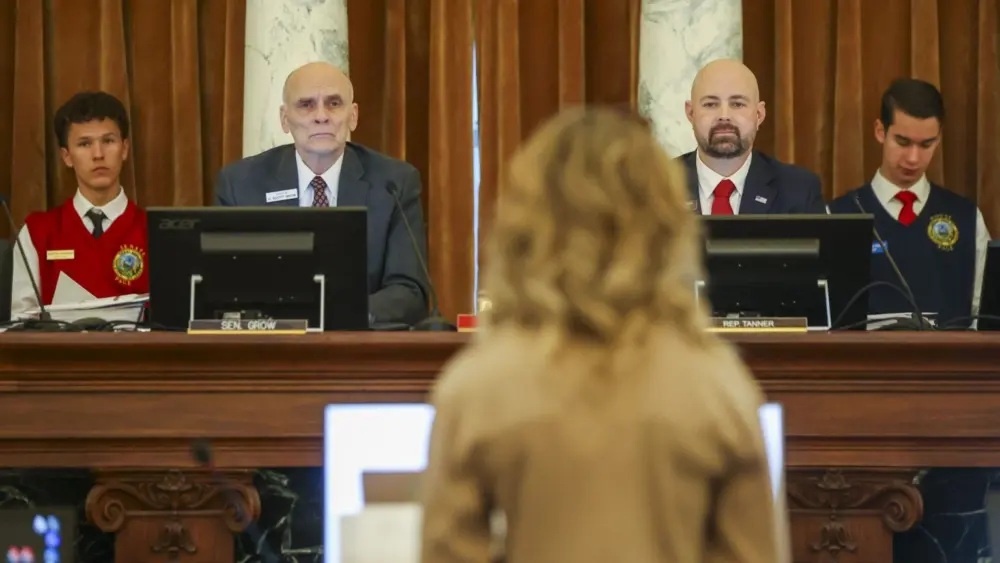Originally posted on IdahoEdNews.org on July 3, 2025
BOISE, ID – The five-year battle over Idaho’s transgender athletics ban is headed to the nation’s highest court.
The U.S. Supreme Court Thursday said it will take up Idaho’s “Fairness in Women’s Sports Act,” which bans transgender athletes from participating in women’s and girls’ sports.
The first-in-the-nation ban has been stymied in the courts since its passage in 2020.
It’s unclear when the Supreme Court will hear arguments on Idaho’s law, or a similar West Virginia state law. On Thursday, USA Today reported that justices will likely hear arguments in the fall, and rule on the case in 2026. But whenever it comes, the Supreme Court’s ruling figures to be a landmark moment in the national debate over transgender athletics.
“This will decide so much,” the Idaho law’s sponsor, Rep. Barbara Ehardt, R-Idaho Falls, wrote on Facebook Thursday morning. “I said in 2020, when I brought this legislation, that it would go to the Supreme Court. It’s finally going there.”
Much has changed in the transgender athletic debate since 2020. Twenty-six other states have passed transgender athletics bans, similar to Idaho’s law. Boise State University’s women’s volleyball team received national attention last fall after forfeiting three matches against San José State University, which reportedly had a transgender player on its roster. President Donald Trump signed an executive order in February, banning transgender athletes from playing in girls’ and women’s sports.
The principals in the lawsuit over Idaho’s law — a case known as Little v. Hecox — remain unchanged. The former is Gov. Brad Little, who signed Idaho’s transgender ban into law in March 2020. The latter is Lindsay Hecox, a transgender athlete who had testified against Ehardt’s bill in Statehouse hearings. Hecox later tried out for women’s track and cross-country at Boise State, but did not make the teams.
On Thursday, Little said he was pleased that the Supreme Court will hear Idaho’s case.
“I am confident Idaho’s common-sense laws to defend women’s sports will prevail,” Little said in a statement. “I am proud to work with my legislative partners to push common-sense policies that protect the American way of life.”
Attorney General Raúl Labrador also hailed the court’s decision.
“Idaho’s women and girls deserve an equal playing field,” Labrador said in a news release. “I am thrilled the U.S. Supreme Court has agreed to hear our case. For too long, activists have worked to sideline women and girls in their own sports.”
Nearly a year ago — on July 11, 2024 — Labrador appealed to the Supreme Court, challenging a federal Circuit Court injunction that has kept Idaho’s law on hold.
“Countless female student-athletes — including Olympic swimmers at the NCAA championships, high-school sprinters in Connecticut, and Ivy League swimmers — have been shoved aside by male athletes benefiting from obvious physiological advantages,” this brief read, in part.
Kathleen Roberta Hartnett, a San Francisco-based attorney representing Hecox and other parties, also did not immediately respond to a request for comment. In a brief filed in October, Hartnett urged the Supreme Court not to take up the Idaho law — saying, in part, that the argument for a ban was based on “disputed emperical factual assertions” about whether transgender athletes have a biological advantage over their competition.





